Feelings Trump Economics: Price Gouging Edition
Hurricane Ian is taking aim at Florida. That means there is already talk of “price gouging.”
People have a visceral emotional reaction to people raising prices during a disaster. But it is nothing but feelz. In fact, “price gouging” serves an important economic function. Not allowing prices to rise actually causes more harm.
But trying to explain this is like spitting into the wind. (Hurricane pun intended.)
At the first hint that the storm might track toward Florida, Gov. Ron DeSantis issued a state of emergency, activating the price gouging statutes. Most people cheer these statutes. After all, they are going after “greedy people” who are taking advantage of other people in difficult situations.
And you know what? Price gougers might be greedy. But that doesn’t mean prices shouldn’t go up during an emergency.
In fact, there are sound economic reasons that so-called price gouging really isn’t such a bad thing. It’s a natural function of supply and demand. Prices rise as demand goes up and supplies tighten. That’s economics 101.
Pretend you know it’s going to rain for a month straight. You would probably buy an umbrella, right? A lot of people would. And that means the price of an umbrella would go up. Now, if umbrella prices stayed really low, say because some knuckleheaded politician passed a law that said you can’t raise the price of an umbrella when the weatherman is predicting rain, you might buy one for each member of your family. But if prices spiked in response to demand, you would probably make do with one or two, leaving some umbrellas for somebody else.
Nice, right?
The rising price would also help boost supply. If umbrellas get expensive enough, some guy in a less rainy locale where there is less umbrella demand might be willing to bring in a shipment of bumbershoots. It would be worth his while to pay higher transportation costs to take advantage of the higher price. But if the knuckleheaded politician has his way, the price won’t rise and our budding umbrella entrepreneur will just stay home and sell sunglasses.
This makes sense, right?
Doesn’t matter.
No matter how much sense it makes, or how you explain it, people will get angry about price gouging. I can’t win this argument. People just react negatively to rising prices during a crisis. Muh feelz trump logic.
Every. Single. Time.
Of course, these same people will pay $12 for a beer at a baseball game. But when you ask them to pay $3 for a bottle of water before a storm, it’s a crime of epic proportions. Never mind that while people are yelling and screaming about “price gouging,” there’s nothing left on the shelf to buy. Too bad there were no price signals to direct supply and demand.
Here’s an important thing to remember. Economic reality doesn’t care about your feelings.
The problem is you can see the results of price gouging. You feel the pain of the higher prices. It’s easy to finger-point at the greedy guy.
Now, you may also feel the pain of shortages. But almost nobody understands that the anti-price gouging policy caused it. There is no obvious cause and effect. So, people just don’t get it. It’s a classic example of economist Frédéric Bastiat’s seen and unseen. Good economists consider both the obvious “seen” effects of a policy as well as the less obvious “unseen” effects.
Unfortunately, most people aren’t good economists.
Get Peter Schiff’s most important gold headlines once per week – click here – for a free subscription to his exclusive weekly email updates.
Interested in learning how to buy gold and buy silver?
Call 1-888-GOLD-160 and speak with a Precious Metals Specialist today!



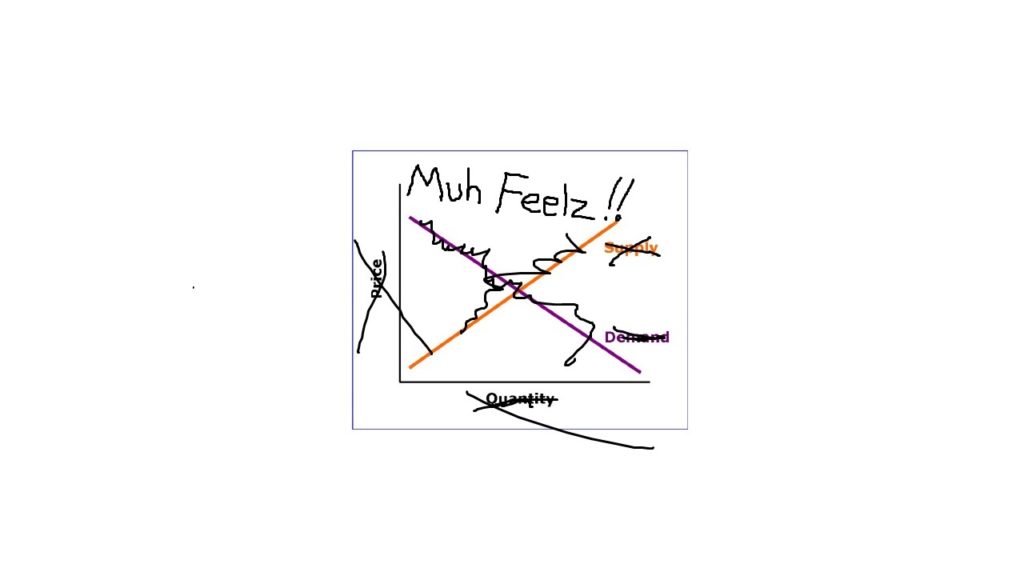

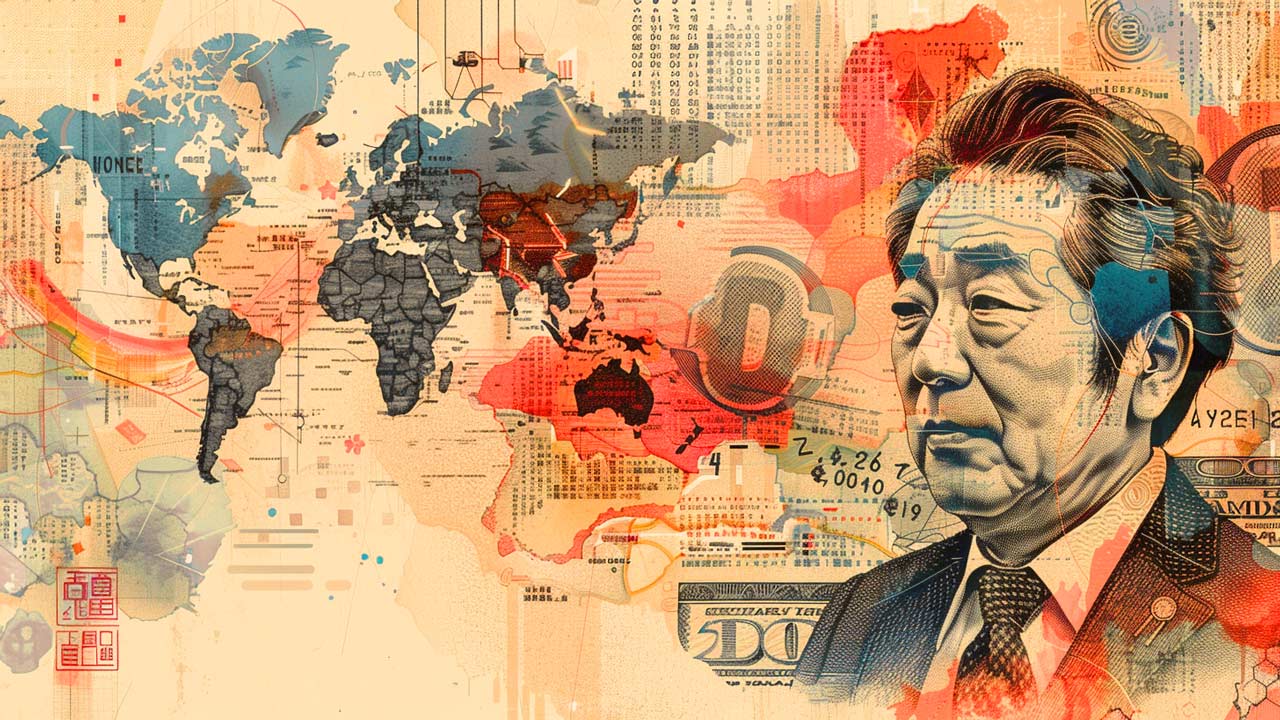 Decades of negative interest rate policy in Japan have ended. That could mean the end of the $20 trillion “yen carry trade,” once one of the most popular trades on foreign exchange markets, and a chain reaction in the global economy. The yen carry trade is when investors borrow yen to buy assets denominated in […]
Decades of negative interest rate policy in Japan have ended. That could mean the end of the $20 trillion “yen carry trade,” once one of the most popular trades on foreign exchange markets, and a chain reaction in the global economy. The yen carry trade is when investors borrow yen to buy assets denominated in […]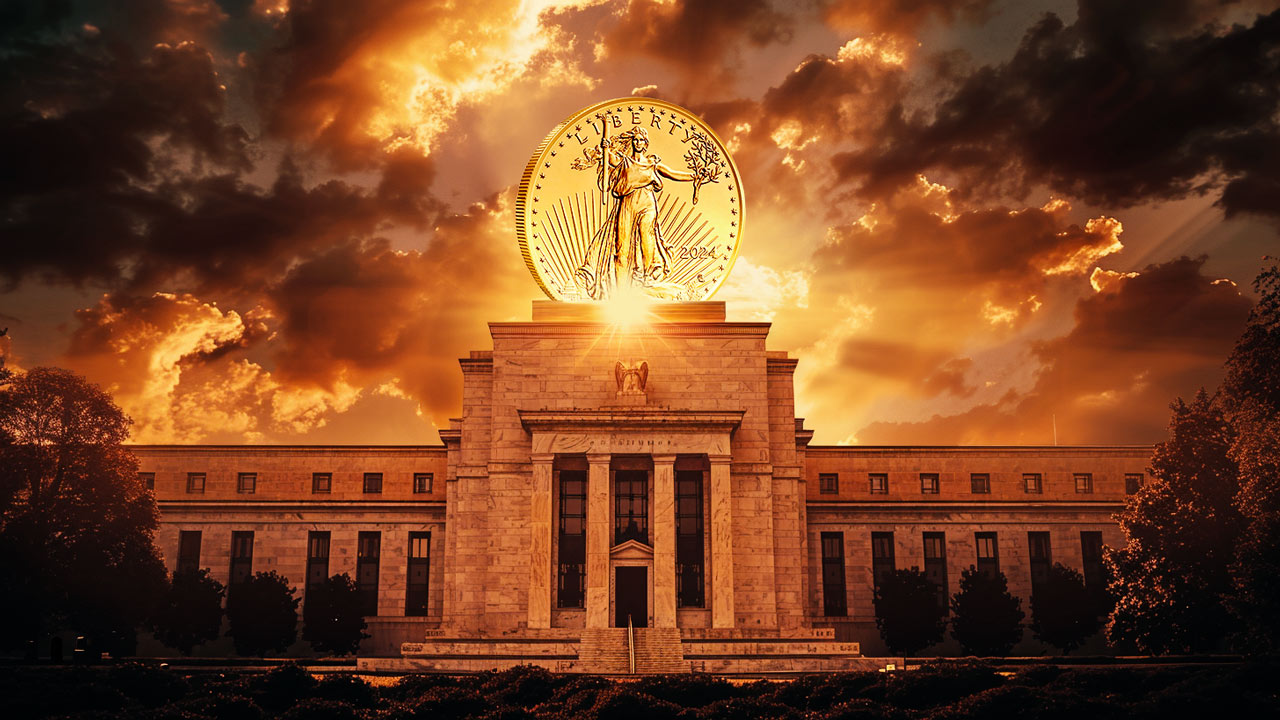 With a hot CPI report casting a shadow of doubt on the likelihood of a June interest rate cut, all eyes are on the Fed. But they’ve caught themselves in a “damned if they do, damned if they don’t” moment for the economy — and the news for gold is good regardless.
With a hot CPI report casting a shadow of doubt on the likelihood of a June interest rate cut, all eyes are on the Fed. But they’ve caught themselves in a “damned if they do, damned if they don’t” moment for the economy — and the news for gold is good regardless. 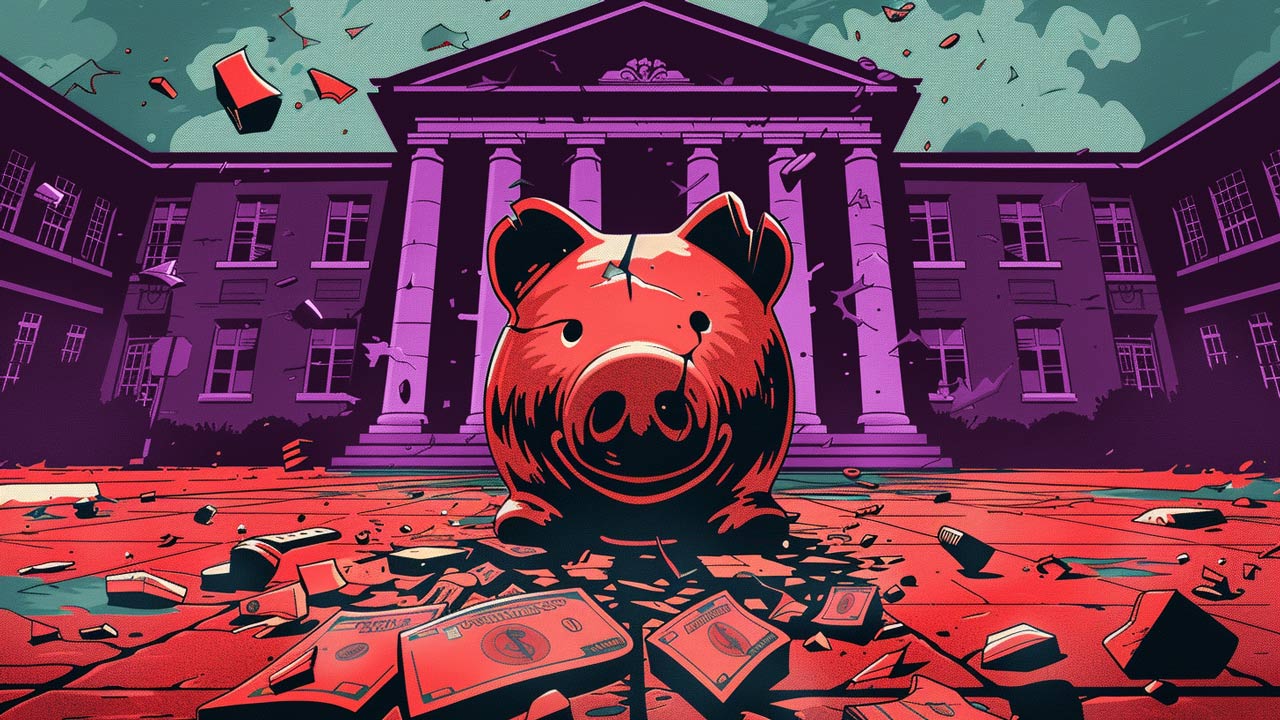 It’s no secret that the American public is wildly ignorant of many issues that are central to the success of our nation. Just a generation ago it would have been unthinkable that less than half of the American population could recognize all three branches of government. America is in most cases far less educated about its government […]
It’s no secret that the American public is wildly ignorant of many issues that are central to the success of our nation. Just a generation ago it would have been unthinkable that less than half of the American population could recognize all three branches of government. America is in most cases far less educated about its government […]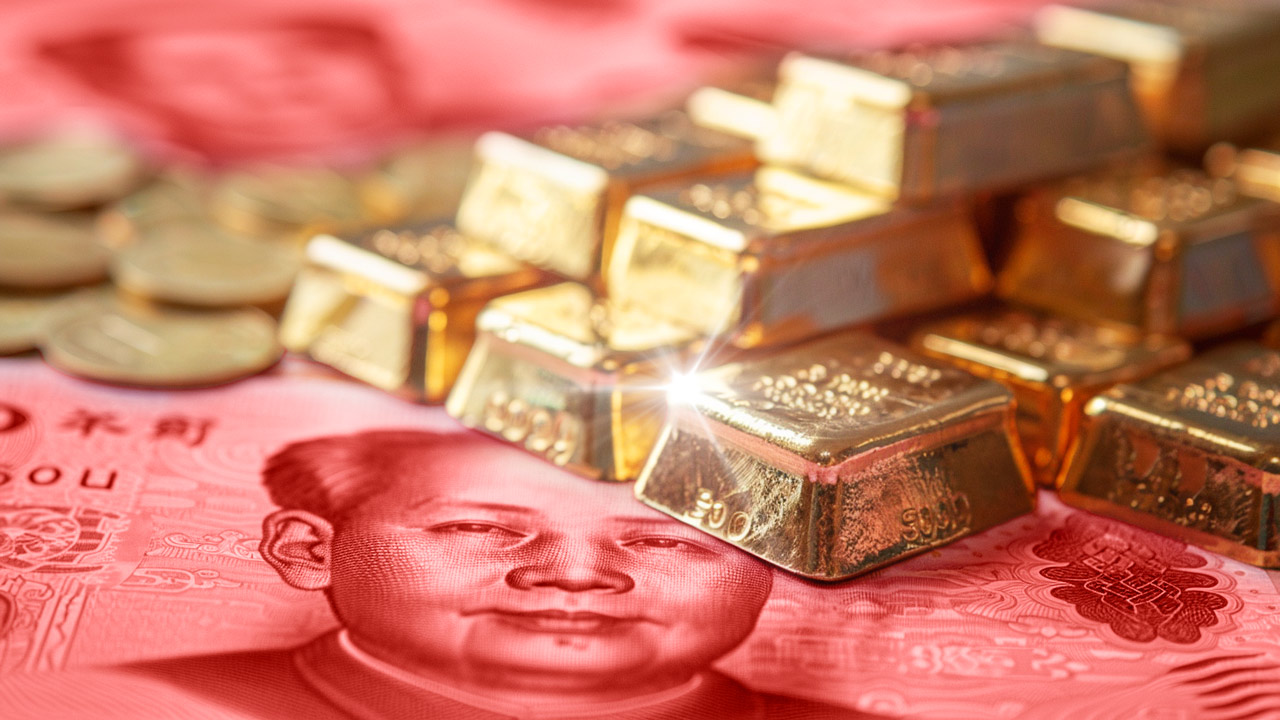 In investing, “Buy low, sell high” is among the most well-known sayings, and generally, it’s good advice. But with gold still holding near its historic all-time highs, central banks led by China are bucking the classic adage and smash-buying more, buying the top to fortify themselves against a global monetary and financial blow-up.
In investing, “Buy low, sell high” is among the most well-known sayings, and generally, it’s good advice. But with gold still holding near its historic all-time highs, central banks led by China are bucking the classic adage and smash-buying more, buying the top to fortify themselves against a global monetary and financial blow-up.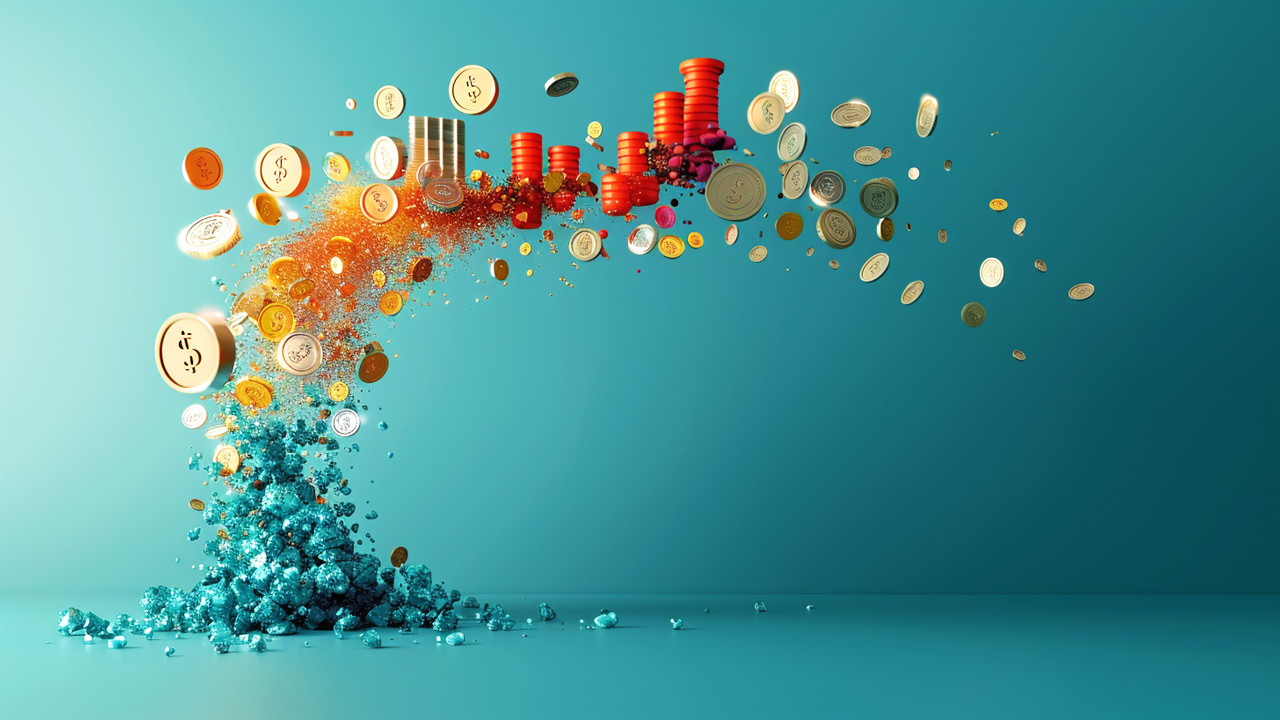 When John Bogle died in 2019, people around the world mourned. Bogle created the Vanguard Group and made the index fund mainstream. Index funds are investment vehicles that invest in a class of investments as a whole, rather than trying to predict what specific stocks or securities will do best. So an investor could invest in an […]
When John Bogle died in 2019, people around the world mourned. Bogle created the Vanguard Group and made the index fund mainstream. Index funds are investment vehicles that invest in a class of investments as a whole, rather than trying to predict what specific stocks or securities will do best. So an investor could invest in an […]